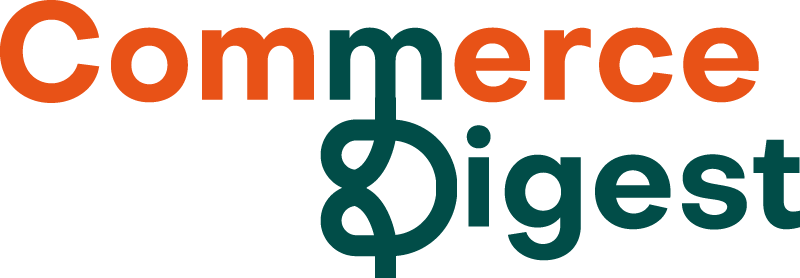
In one of the most egregious examples of pandemic-era fraud to date, six men have been charged by federal prosecutors in connection with an $80 million scheme involving fraudulent COVID-19 relief claims and check fraud. The case is part of a broader federal crackdown on abuse of emergency aid programs launched during the pandemic.
The men allegedly conspired to exploit the federal Paycheck Protection Program (PPP) and Economic Injury Disaster Loan (EIDL) initiatives, which were created to provide economic relief to struggling businesses and workers during the COVID-19 crisis. Prosecutors say the defendants used fictitious companies, forged documents, and other fraudulent means to secure millions of dollars in federal aid.
While details of this specific $80 million scheme are still emerging, it appears to follow a pattern similar to the now infamous Feeding Our Future fraud case in Minnesota, where over $250 million was stolen from U.S. government programs meant to support underprivileged children during the pandemic.
The Nature of the Fraud
According to court documents and law enforcement officials, the suspects created shell companies with no legitimate operations and submitted fake records showing inflated numbers of employees and payroll expenses. Using these falsified records, they applied for forgivable PPP loans and EIDL grants through the Small Business Administration (SBA).
The funds were then funneled through various bank accounts and used to purchase luxury vehicles, real estate, designer goods, and travel. Investigators also found evidence of check fraud, where stolen or counterfeit checks were deposited into accounts under the names of these fictitious companies.
In many cases, the funds were not used for any business activity at all, a direct violation of the terms set forth under the CARES Act, which governs pandemic relief programs. The U.S. Department of Justice has been actively pursuing such fraud cases since 2020, recovering billions of misused federal dollars.
A Broader Pattern of Abuse

This case bears striking similarities to the Feeding Our Future scandal, a massive scheme involving over 70 individuals and the misappropriation of approximately $250 million from federal child nutrition programs. Aimee Bock, the founder of Feeding Our Future, was recently convicted on multiple counts of wire fraud and conspiracy after prosecutors proved the organization fabricated claims of serving 91 million meals to needy children across Minnesota.
The funds, in reality, were used to purchase homes, luxury vehicles, jewelry, and to fund international travel. According to the U.S. Department of Agriculture (USDA), which oversees child nutrition programs, the fraud occurred when oversight mechanisms were loosened to expedite food assistance during the pandemic.
The DOJ has described the Feeding Our Future case as the largest COVID-19-related fraud uncovered to date.
Charges and Legal Consequences
The six men now facing charges in the $80 million fraud case are being prosecuted under federal wire fraud, conspiracy, and money laundering statutes. If convicted, they face significant prison time, financial penalties, and forfeiture of assets.
“These individuals took advantage of a national emergency to line their own pockets at the expense of taxpayers and those truly in need,” said a DOJ spokesperson. “We are committed to holding them accountable.”
In the broader crackdown, more than 1,400 individuals across the U.S. have been charged with COVID-related fraud, involving more than $8 billion in total losses. The Pandemic Response Accountability Committee (PRAC) continues to audit pandemic relief programs and collaborate with federal agencies to identify misuse.
Public Response and Government Oversight

The widespread abuse of pandemic relief funds has drawn criticism from lawmakers and the public alike, prompting calls for stricter oversight and reform. While the programs were designed with speed and flexibility to help businesses survive the economic downturn, that very openness made them vulnerable to exploitation.
The Small Business Administration has since revised its application and verification processes to reduce the likelihood of fraud in future emergency situations.
In the wake of the Feeding Our Future revelations, the USDA also announced tighter monitoring of non-profit food distribution partners and enhanced background checks.
Moving Forward
As the U.S. government continues to unravel the extent of COVID-19 relief fraud, this new $80 million case serves as a reminder of the challenges in managing large-scale emergency funding. It also underscores the need for balancing fast aid delivery with robust safeguards to prevent abuse.
Citizens and whistleblowers are encouraged to report suspected fraud through the DOJ’s National Center for Disaster Fraud (NCDF).
The six men charged in this case are expected to appear in federal court in the coming weeks. Their indictments mark another chapter in the ongoing pursuit of justice and accountability in the wake of the COVID-19 crisis.



